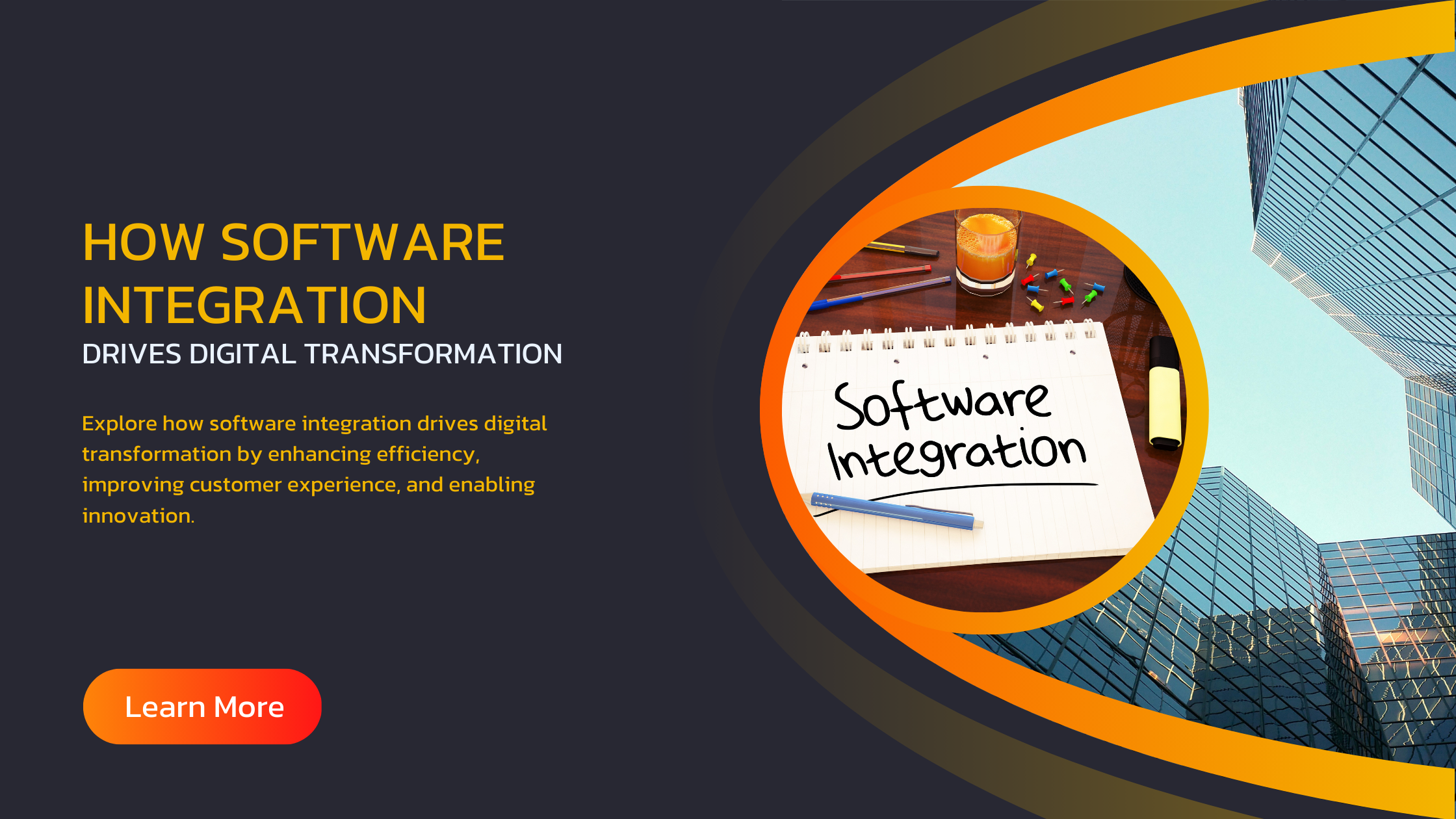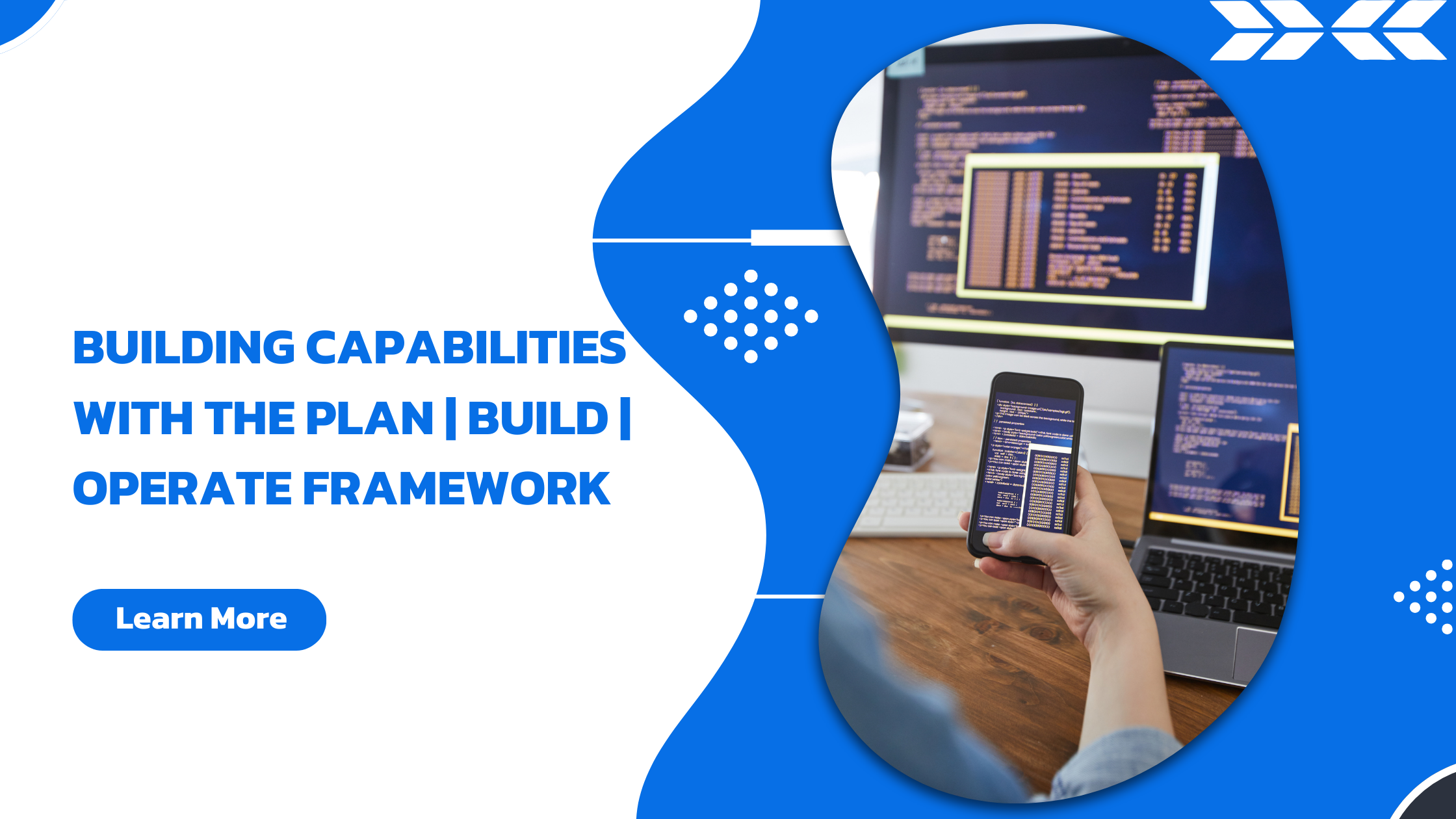
The financial sector is experiencing a significant transformation due to advancements in technology. Among these advancements, fintech app development stands out as a driving force, reshaping how businesses operate and how consumers interact with financial services. In this blog, we will explore the various aspects of fintech app development, including its benefits, challenges, emerging trends, and best practices. We will also examine case studies of successful fintech apps and provide insights into the future of this dynamic industry.
Understanding Fintech App Development
Fintech app development refers to the process of creating software applications that enhance and streamline financial services. These applications can cover a wide range of functionalities, including banking, payments, investment management, and financial planning. By leveraging technology, fintech apps aim to provide users with more convenient, efficient, and secure ways to manage their finances.
The Evolution of Fintech
The term “fintech” combines “financial technology,” and its roots can be traced back to the late 20th century when banks began using technology to automate processes and improve customer service. However, it wasn’t until the rise of smartphones and the internet that the fintech sector truly exploded. Today, fintech encompasses a diverse range of services and solutions, from peer-to-peer lending platforms to robo-advisors.
Key Drivers of Fintech App Development
Several factors contribute to the rapid growth of fintech app development:
1. Consumer Demand: Today’s consumers expect seamless, on-demand access to financial services. Fintech apps cater to this demand by offering user-friendly interfaces and personalized experiences.
2. Technological Advancements: Innovations such as artificial intelligence (AI), blockchain, and big data analytics are transforming the financial landscape, enabling fintech companies to offer more sophisticated solutions.
3. Regulatory Changes: Governments worldwide are recognizing the potential of fintech and are adapting regulations to encourage innovation while ensuring consumer protection.
4. Increased Investment: Venture capital firms and investors are pouring funds into fintech startups, fostering innovation and competition within the industry.
Benefits of Fintech App Development

Investing in fintech app development offers numerous benefits for businesses and consumers alike:
1. Enhanced Customer Experience
Fintech apps provide a more intuitive and engaging user experience compared to traditional financial services. Features such as easy navigation, real-time notifications, and personalized recommendations create a seamless customer journey.
2. Improved Efficiency
By automating routine tasks and processes, fintech apps help businesses operate more efficiently. This leads to reduced operational costs and faster service delivery, ultimately benefiting both the provider and the customer.
3. Greater Accessibility
Fintech apps allow users to access financial services from anywhere and at any time, breaking down geographical barriers. This increased accessibility is particularly beneficial for underserved populations who may lack access to traditional banking services.
4. Enhanced Security
With the growing prevalence of cyber threats, security is a top priority in fintech app development. Developers are increasingly adopting advanced security measures, such as biometric authentication and encryption, to protect user data.
5. Data-Driven Insights
Fintech apps leverage data analytics to provide users with insights into their financial behavior. By analyzing spending patterns, users can make more informed financial decisions and improve their financial health.
Challenges in Fintech App Development
While fintech app development presents numerous opportunities, it also comes with challenges:
1. Regulatory Compliance
Navigating the complex landscape of financial regulations can be daunting for fintech companies. Ensuring compliance with local and international regulations is critical to avoid legal issues and maintain consumer trust.
2. Security Concerns
As fintech apps handle sensitive financial information, security breaches can have severe consequences. Developers must prioritize security in every stage of the app development process.
3. Competition
The fintech sector is highly competitive, with numerous startups and established players vying for market share. Standing out in this crowded marketplace requires innovation, unique value propositions, and effective marketing strategies.
4. User Adoption
Convincing users to adopt new financial technologies can be challenging. Fintech companies must invest in user education and provide clear value to encourage adoption.
Emerging Trends in Fintech App Development
As the fintech landscape continues to evolve, several trends are shaping the future of fintech app development:
1. Increased Focus on User Experience
User experience (UX) is becoming a central focus for fintech app developers. Companies are investing in UX design to create intuitive interfaces that enhance user engagement and satisfaction.
2. Rise of Digital Banking
Digital banks, often referred to as neobanks, are gaining traction among consumers. These banks operate exclusively online, offering a range of services without the need for physical branches. The growth of digital banking is a testament to the demand for convenient, tech-driven financial solutions.
3. Integration of Artificial Intelligence
AI is playing a crucial role in fintech app development. From chatbots providing customer support to algorithms analyzing user data for personalized recommendations, AI is enhancing the capabilities of fintech applications.
4. Blockchain Technology
Blockchain technology is gaining prominence in the fintech sector, especially in areas such as payments, lending, and identity verification. Its decentralized nature enhances security and transparency, making it an attractive option for fintech developers.
5. Expansion of Open Banking
Open banking initiatives are allowing third-party developers to access financial institutions’ data through APIs. This trend is fostering innovation and enabling the development of new financial products and services.
6. Mobile App Localization
To cater to a global audience, fintech apps are increasingly focusing on mobile app localization. This involves adapting the app’s content and features to meet the cultural, linguistic, and regulatory needs of specific markets.
7. Legacy Application Modernization
Many traditional financial institutions are facing challenges with outdated systems. Legacy application modernization is becoming a priority for these organizations, enabling them to adopt more agile and efficient solutions through fintech apps.
8. Enhanced Security Measures
As cyber threats continue to evolve, fintech companies are investing in robust security measures. Multi-factor authentication, biometric verification, and real-time fraud detection are becoming standard features in fintech applications.
Best Practices for Fintech App Development
To ensure the success of your fintech app development project, consider the following best practices:
1. Define Clear Objectives
Before embarking on app development, clearly define your business objectives and target audience. Understanding the specific needs of your users will help you create a more effective application.
2. Focus on User-Centric Design
Invest in user experience design to create intuitive and engaging interfaces. User testing and feedback are crucial for identifying pain points and improving the overall user experience.
3. Prioritize Security
Implement security measures from the outset of development. This includes data encryption, secure payment gateways, and compliance with industry standards to safeguard user information.
4. Stay Compliant
Stay informed about the regulatory landscape in your target market. Engaging with legal experts can help ensure that your app complies with all relevant regulations and standards.
5. Leverage Emerging Technologies
Incorporate emerging technologies, such as AI and blockchain, into your app to enhance functionality and provide innovative features. Staying ahead of technological trends will give you a competitive advantage.
6. Test Rigorously
Thorough testing is essential to identify and resolve bugs and issues before launch. Implement both manual and automated testing processes to ensure a smooth user experience.
7. Plan for Scalability
Design your app with scalability in mind. As your user base grows, you may need to accommodate increased traffic and additional features. Choose the right technology stack that supports scalability.
8. Collaborate with Top Mobile App Development Firms
Partnering with top mobile app development firms can provide the expertise and resources needed to create a successful fintech application. Look for firms with experience in fintech development and a proven track record.
Case Studies: Successful Fintech Apps
To illustrate the impact of fintech app development, here are a few successful examples:
1. Robinhood
Robinhood is a commission-free trading platform that democratized investing by providing users with easy access to stock trading through a mobile app. By eliminating commissions and offering a user-friendly interface, Robinhood attracted millions of users, particularly younger investors. The app incorporates features such as real-time market data and personalized investment recommendations, contributing to its success.
2. Revolut
Revolut is a digital banking app that offers a wide range of financial services, including currency exchange, cryptocurrency trading, and personal finance management. With a focus on transparency and low fees, Revolut quickly gained popularity among consumers looking for alternative banking solutions. The app’s innovative features, such as budgeting tools and instant money transfers, have solidified its position in the fintech market.
3. PayPal
PayPal revolutionized online payments by providing a secure and convenient platform for transferring money digitally. Over the years, the company has expanded its offerings, including mobile payments and merchant services. PayPal’s commitment to user security, along with its seamless integration with e-commerce platforms, has made it a leader in the fintech space.
4. Square
Square is a fintech company that offers payment processing solutions for businesses of all sizes. Its mobile app allows merchants to accept payments via credit cards and mobile wallets, making it easier for small businesses to thrive. Square’s user-friendly interface and additional features, such as inventory management and analytics, have contributed to its widespread adoption.
Future Outlook for Fintech App Development
The future of fintech app development is promising, with numerous opportunities for growth and innovation. As consumer preferences continue to evolve, fintech companies must remain agile and adaptable to meet changing demands. Here are some key predictions for the future of fintech:
1. Continued Growth of Digital Banking
As consumers increasingly embrace digital solutions, traditional banks will continue to invest in fintech app development to enhance their offerings. The rise of neobanks and digital-only banks will further challenge established financial institutions to innovate.
2. Expansion of AI and Automation
Artificial intelligence will play a more significant role in fintech applications, enabling personalized experiences and automating routine tasks. This will enhance operational efficiency and improve customer satisfaction.
3. Integration of Blockchain Solutions
Blockchain technology will continue to disrupt the financial sector, providing secure and transparent solutions for payments, lending, and identity verification. Fintech apps that leverage blockchain will gain a competitive edge.
4. Emphasis on Financial Inclusion
Fintech companies will focus on expanding access to financial services for underserved populations. By developing inclusive solutions, they can drive growth and contribute to economic empowerment.
5. Enhanced Data Privacy and Security
With growing concerns about data privacy, fintech companies will prioritize security measures to protect user information. Compliance with regulations such as GDPR will be essential for maintaining consumer trust.
6. Collaboration Between Fintech and Traditional Institutions
The collaboration between fintech companies and traditional financial institutions will become more common. By working together, they can leverage each other’s strengths to deliver innovative solutions and improve customer experiences.
Conclusion
Fintech app development is revolutionizing the financial sector by providing innovative solutions that enhance user experience, improve efficiency, and meet the evolving needs of consumers. As the fintech landscape continues to evolve, developers must embrace emerging technologies, follow best practices, and navigate regulatory challenges to succeed. The future of fintech app development is bright, with immense potential for growth and transformation. By staying ahead of industry trends and prioritizing user needs, fintech companies can shape the future of finance and provide valuable solutions to consumers worldwide.
At Upcore, we specialize in creating cutting-edge fintech applications tailored to your unique business requirements. Our team is dedicated to delivering innovative solutions that drive success and ensure compliance in a dynamic financial landscape.










